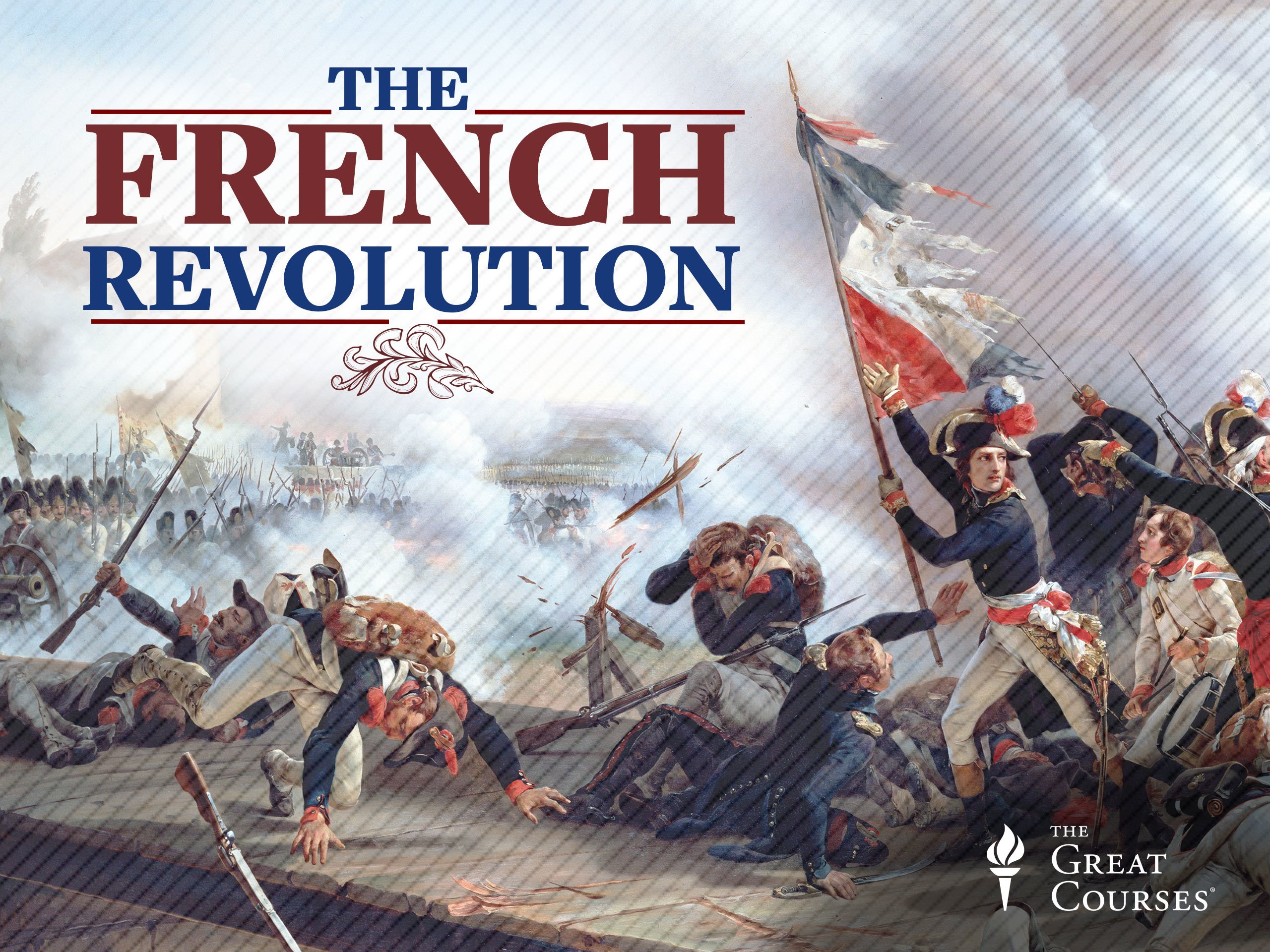Over the last 5000 years, political systems have undergone a dramatic transformation, moving from small-scale, kinship-based societies to complex nation-states. Here's a simplified breakdown of some key stages:
Early Societies (5000-3000 BCE):
- Hunter-Gatherers: Small, mobile bands with leadership based on age, experience, or shamanistic authority. Decisions were likely made through consensus.
- Early Agriculture: With settled agriculture, social hierarchies emerged. Elites controlled surpluses and decision-making.
Rise of Civilizations (3000 BCE - 500 CE):
- Early States and Empires: Powerful rulers emerged, often claiming divine right or military might. Examples include Mesopotamia, Egypt, China, and the Roman Empire. These empires often had complex bureaucracies and legal systems.
- Theocracy: In some societies, religious figures held significant political power (e.g., Pharaohs in Egypt).
Evolution of Governance (500 CE - 1500 CE):
- Feudalism: A decentralized system in Europe where powerful lords-controlled land and provided protection to lesser nobles in exchange for military service. Kings held limited central authority.
- Monarchy: Evolved from feudalism, with monarchs wielding greater power and claiming absolute authority (e.g., Louis XIV of France).
Rise of Modern Political Systems (1500 CE - Present):
- Challenge to Monarchies: Enlightenment ideas and revolutions (e.g., American and French Revolutions) questioned the absolute power of monarchs and advocated for popular sovereignty.
- Development of Democracy: Republics and democracies emerged, with varying degrees of citizen participation (e.g., the United States and Switzerland).
- Rise of Nationalism: The concept of a nation-state based on a shared identity gained prominence.
- 20th Century Ideologies: Communism and Fascism emerged as competing political systems, leading to major conflicts.
- Modern Democracy: Today, various forms of democracy dominate, with debates on representation, participation, and social justice.
Important Points to Note:
- This is a broad overview, and specific regions had their own unique trajectories.
- Many societies have blended elements from different systems throughout history.
- The evolution of political systems is intertwined with technological advancements, economic changes, and social movements
